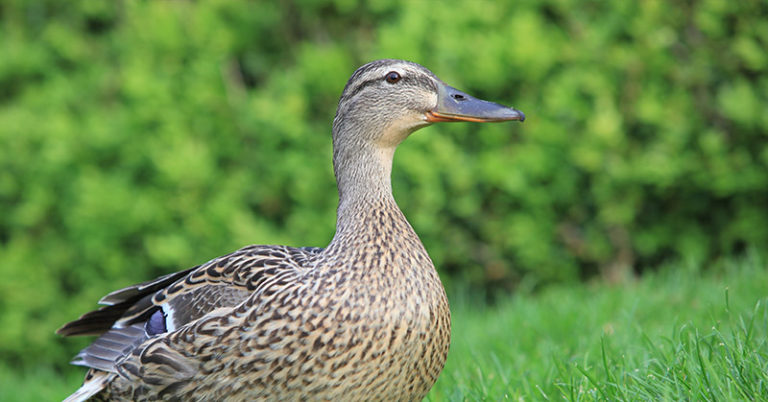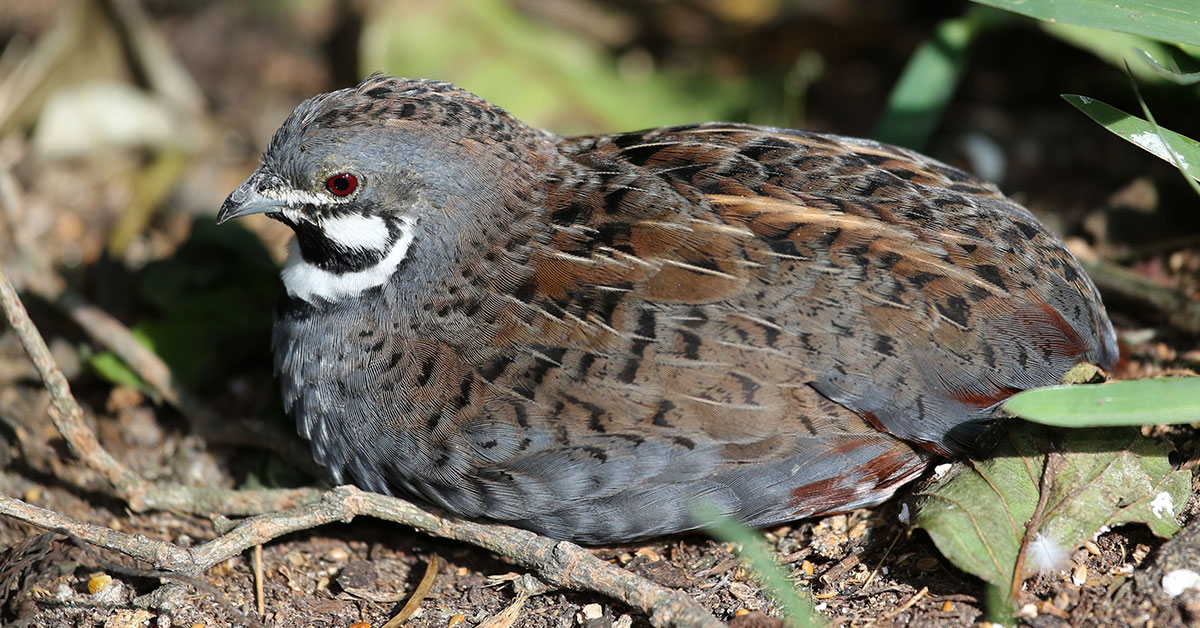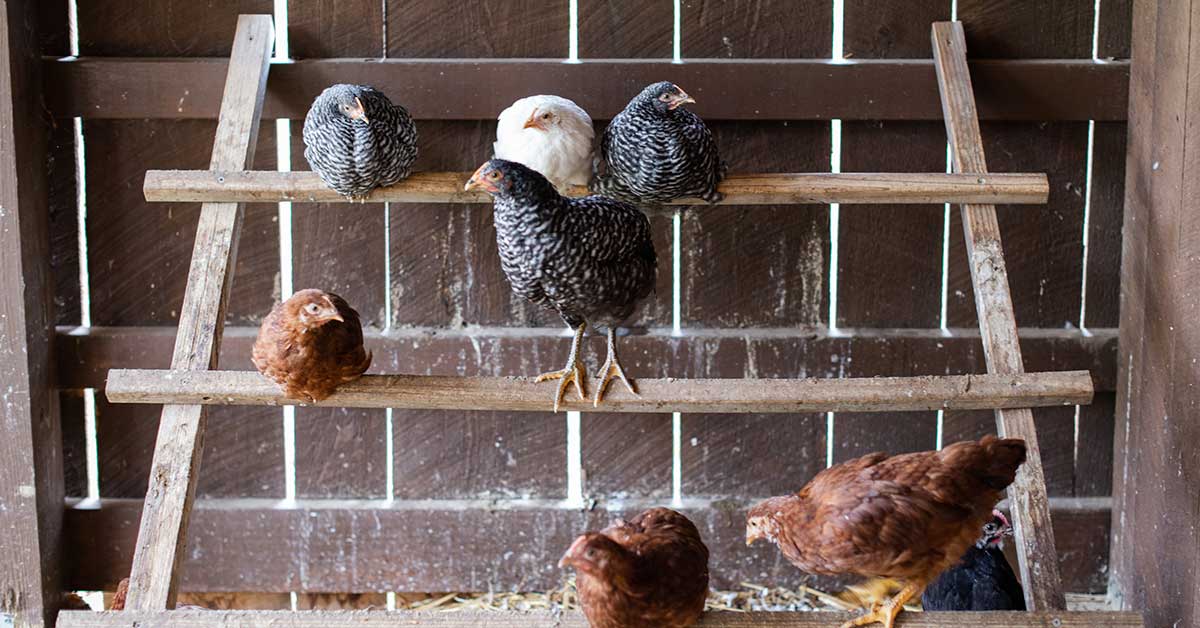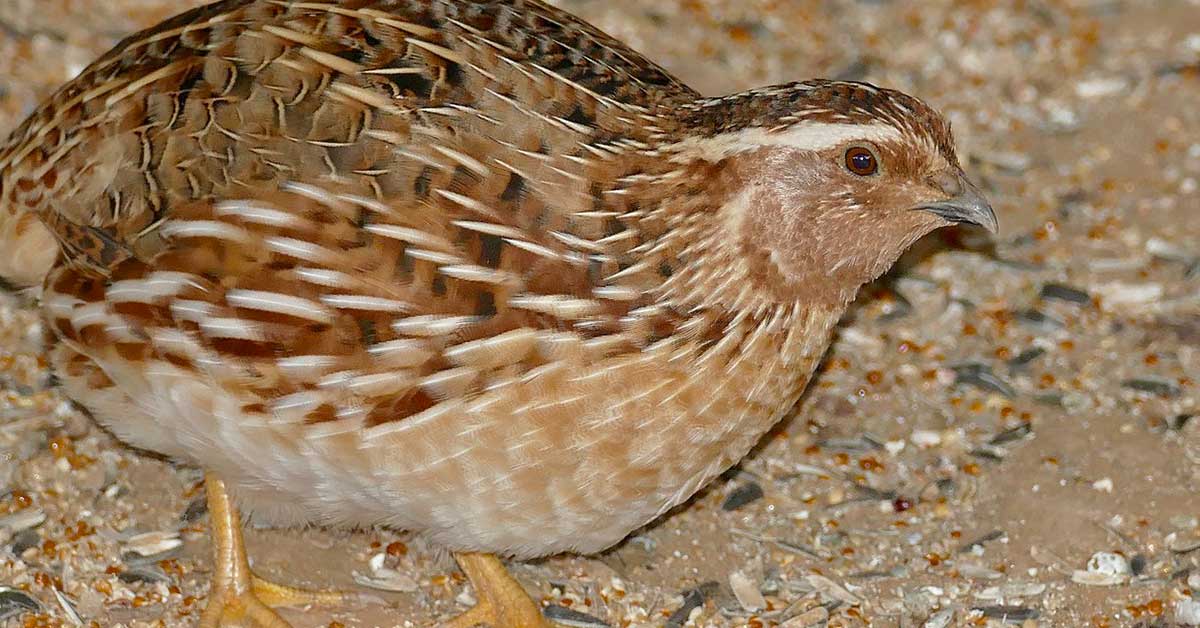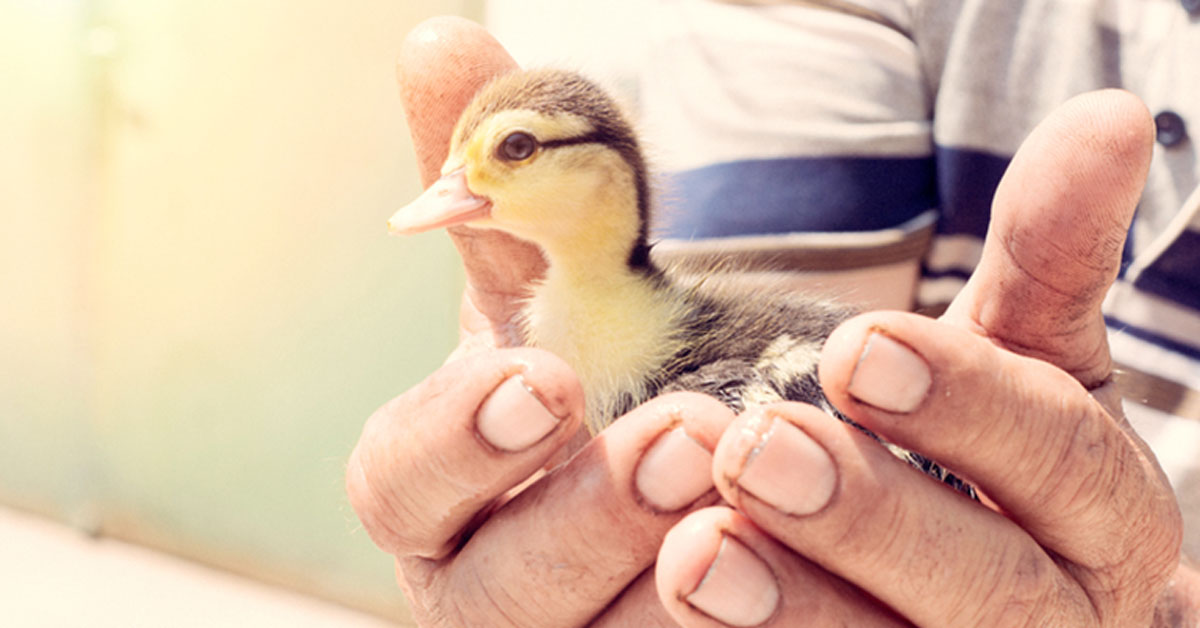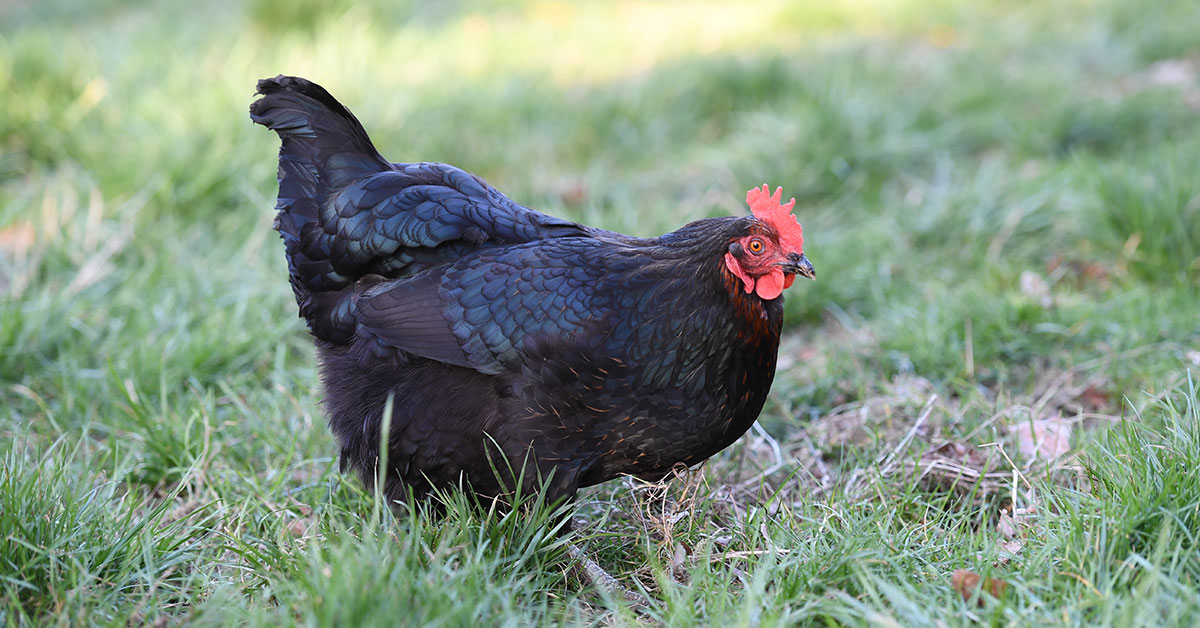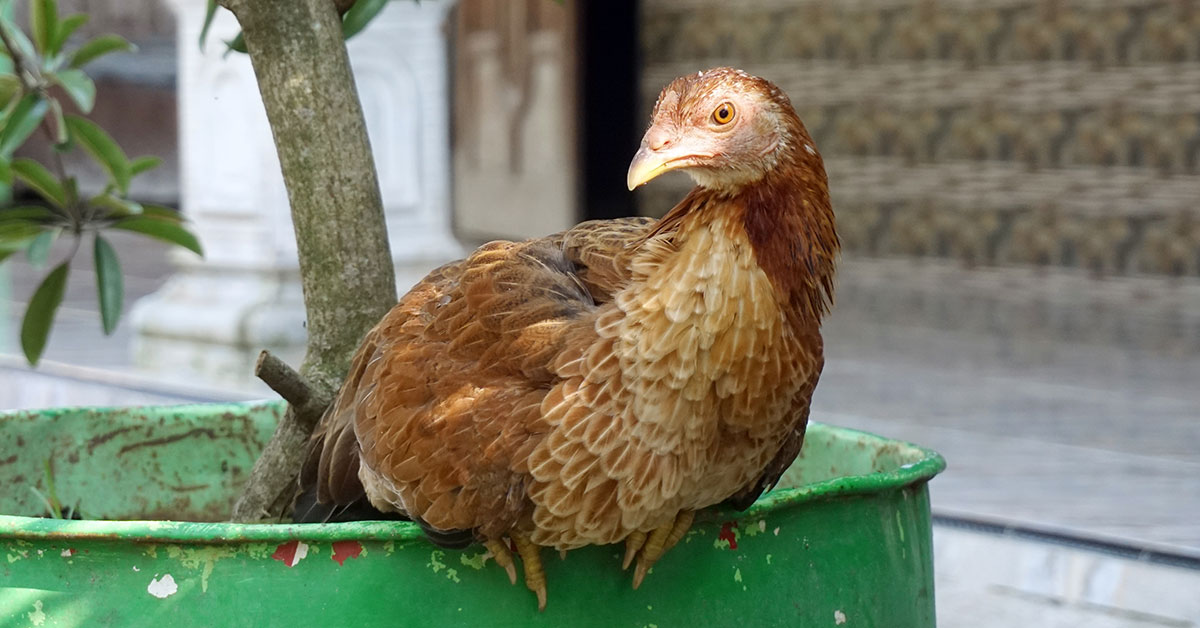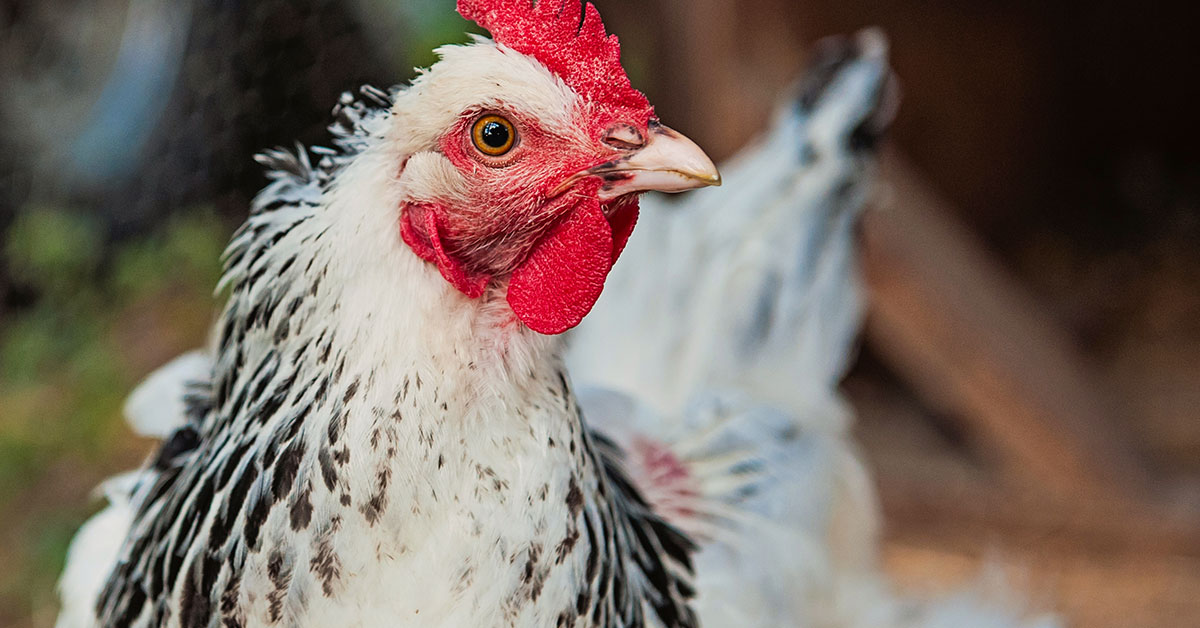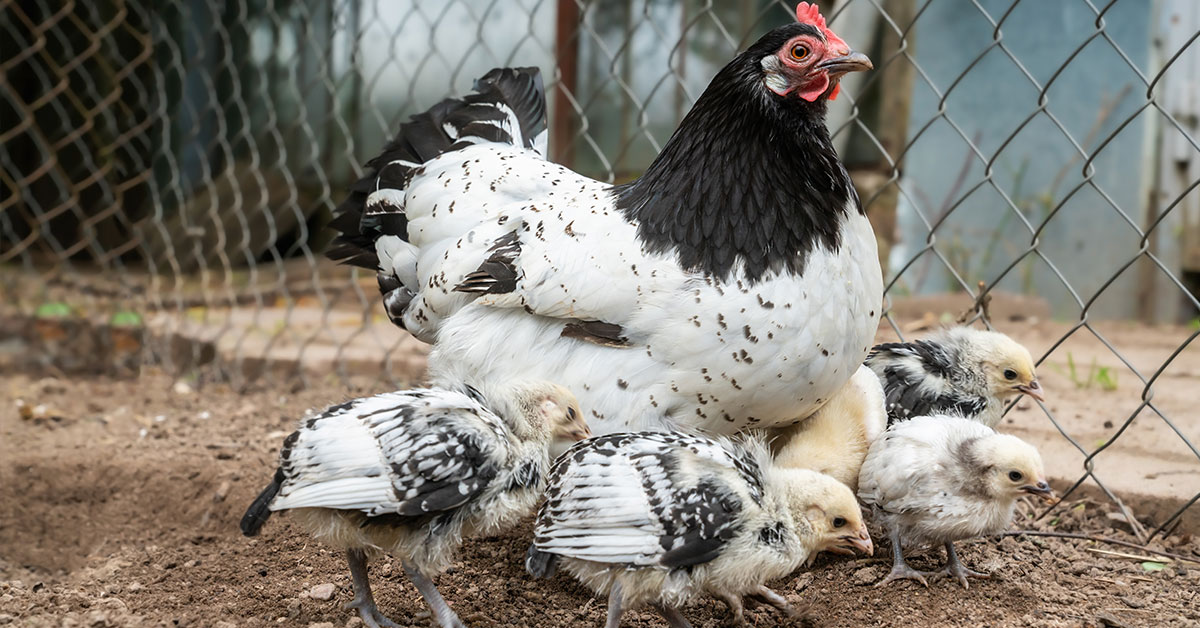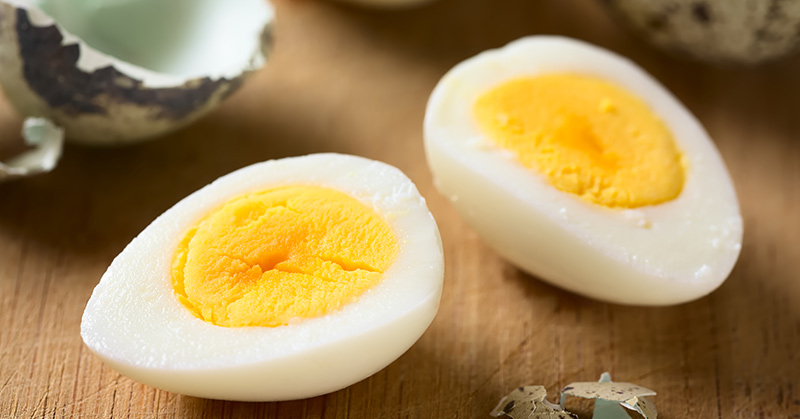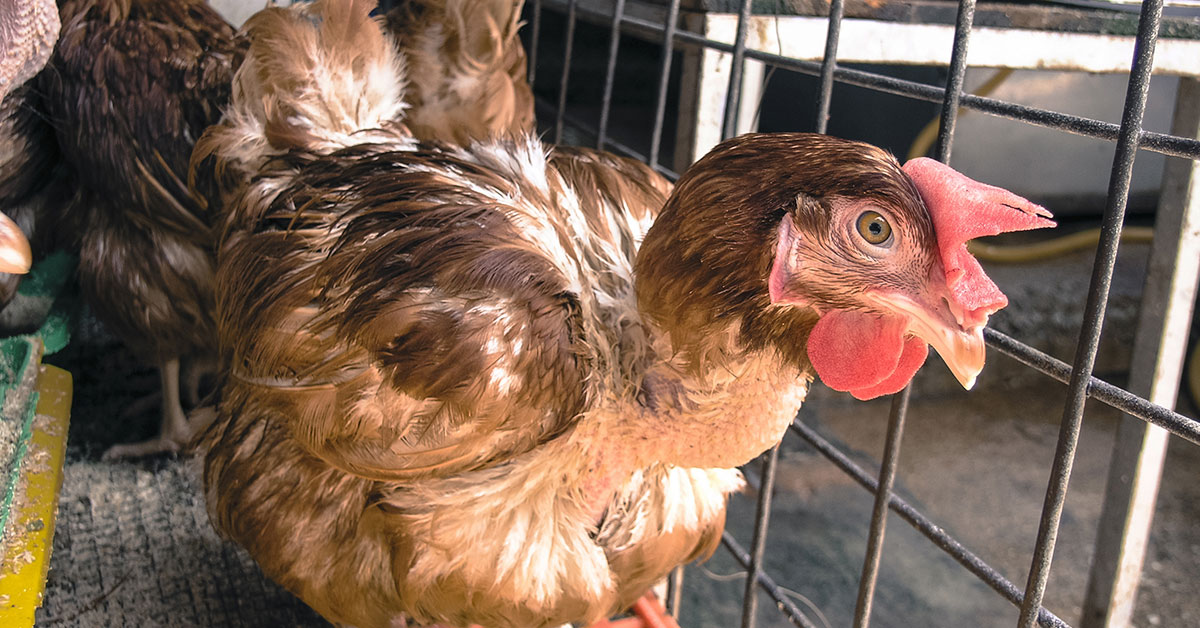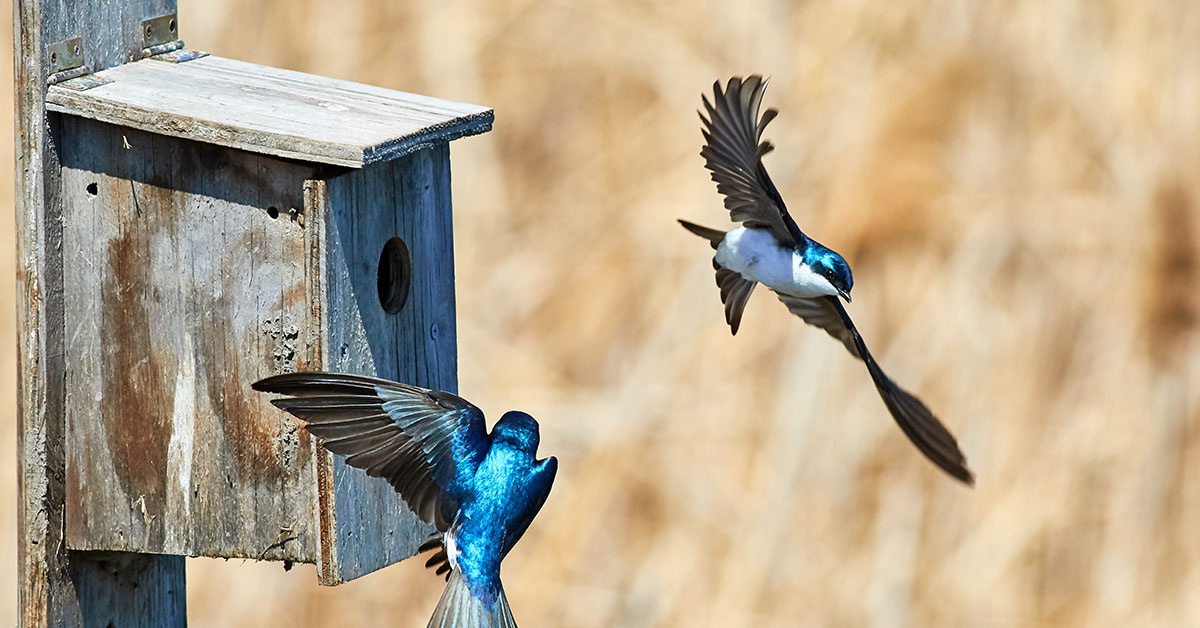Using ducks instead for pest control might be coming into vogue for farmers everywhere. Two of the biggest issues farmers face on a daily basis are pests and weeds. Pests, like bugs and mites, destroy crops. Weeds take over fields and use up valuable resources that crops need to grow. Farmers are constantly trying to find ways to control both of these issues, which has led to the widespread use of chemical pesticides and herbicides. While these products have allowed farmers to increase yields and therefore profit, they can have had a detrimental impact on our environment and our health.
An unlikely hero may be able to solve both issues at once: ducks. Many farmers around the world are beginning to use ducks instead of pesticides to keep their fields clean.
Aigamo: Using Ducks For Pest Control
The practice of using ducks to clean rice fields is called integrated rice-duck farming, or Aigamo in Japan. While it is making headlines today, the practice is by no means new. Chinese farmers were growing rice and ducks together in irrigated rice fields as early as six hundred years ago. Centuries later, most farmers made the switch to chemical pesticides as a “quick fix” for pests and weeds. As concerns over the environment have increased, however, many of them are returning to this traditional method of pest management.
Japanese farmer Takao Furuno has written a book entitled The Power of Duck, in which he provides step-by-step instructions for how to make the shift from chemical-dependent rice production to using ducks instead. Today, tens of thousands of rice growers are now using ducks instead of pesticides, as well as farmers in France and Iran.
Liu Shangwen is a 37-year-old environmentalist-turned-entrepreneur. He is very interested in China’s ancient farming history. He wanted to bring the practice of duck-integrated farming back, so he and his team researched ancient literature and reached out to University professors for advice.
“Rice is a staple food in China, and I’ve heard of enlisting ducks to produce organic rice from my previous work,” he explained.
Read More: Khaki Campbell Ducks | The Best Egg Laying Duck
How are Farmers Using Ducks For Pest Control?
Ducks control pests like snails, snail eggs, and other insects by eating them. The waste they then generate is full of beneficial nutrients like phosphorus and nitrogen. This has been immensely helpful for Vergenoegd (VER-gun-uckt) winery in South Africa. In 1984, the estate imported six Indian runner ducks to control pests in the garden. As its name suggests, this duck breed doesn’t waddle or fly, it runs. Today, the estate has over one thousand ducks that clean the vineyards every morning.
“If you use conventional pest control, those chemicals are absorbed into the soil, which affects the growth of the vines and kills insects,” said vineyard social media manager David Badenhorst. “Our ducks go into the vineyards, and they eat the snails and snail eggs while fertilizing the soil.”
Denzil Matthys is the duck caretaker at Vergenoegd. He says that the ducks are helping the vineyard be more sustainable.
“We try to keep a pesticide-free farm by using the ducks,” he says. “They help us not to use poison on the farm.”
French farmer Bernard Poujol is also using ducks to clean his rice fields. He learned about the practice when his eldest son went on a trip to Japan and saw the farmers there using ducks instead of pesticides. His ducks eat the pests and weeds that harm the rice plants, but not the plants themselves. After harvesting the rice, there are a lot of weed seeds left behind in the fields. The ducks eat many of these seeds, effectively lowering the number of weeds that will grow the next year.
The EU has banned 250 chemical pesticides, forcing farmers to come up with alternative solutions. For this reason, Poujol believes using ducks instead of pesticides is the future of farming.
Ducks Versus Snails
The Golden Apple Snail is native to South America, but has spread to many other parts of the world. It has become one of the most destructive invasive species in the world, devastating rice crops everywhere. Apiwat Chalermklin owns four different flocks of ducks, which he rotates to around different areas of Thailand. The ducks are very young, and he releases them into the fields after only twenty days in the nursery.
“They help eat golden apple snails and remains of unwanted rice husks that drop into the field from last harvest,” said rice farmer Prang Sipipat. “The ducks also step on the rice stubble to flatten the ground and make it easier to plough.”
After months of feeding in the fields, the ducks are useful as egg producers. Chalermklin says that one of the benefits of using ducks instead of pesticides is that it reduces the cost of feeding the ducks.
“In return, for the rice farmers, the ducks help eat pests from the farm and the farmers can reduce the use of chemicals and pesticides,” he explained.
Read More: Duck vs. Chicken Eggs: Which Is Better?
Ducks Instead of Pesticides: The Drawbacks
While using ducks instead of pesticides seems to be a win-win situation all around, it does have its drawbacks. Most notably, the cost. At Vergenoegd Estate, the ducks cost about nineteen thousand dollars per year to care for. Badenhorst says that using traditional chemical-based methods of pest control would be far less expensive, but of course much less sustainable.
In China, many farmers are choosing the duck method because it allows them to sell their product at a higher price. Liu’s company, for example, targets the emerging middle class of consumers in the country. These people have stronger purchasing power and more environmental awareness, and so his eco-conscious rice appeals to them [1].
Ducks and Climate Change
In many parts of China, the use of ducks instead of pesticides is helping farmers cope with the impacts of climate change. Rising temperatures have led to a greater number of insect infestations.
Tang, a Chinese farmer who lost two thirds of his crop in 2013 from insects, has seen massive success when he switched from using chemical pesticides to using ducks. Reducing the use of these harmful chemicals has also encouraged other wildlife to return to the area.
“We didn’t see egrets in the village for more than ten years, but now some are coming back,” Tang said. “The use of toxic chemicals has scared them away, but as we spray less pesticides, more birds return. I recently even saw pheasants in my rice paddies.”
He believes that as they continue to reduce their usage of chemicals, they will see even more wildlife returning to the area.
Ducks are the future of pest control
As climate change continues to worsen, farmers everywhere will be searching for alternative ways to improve crop yields without harming the environment. Using ducks is one example of how humans can work together with nature to enhance farming practices without damaging the ecosystem in which we live.
Keep Reading: How To Raise Ducks For Eggs
